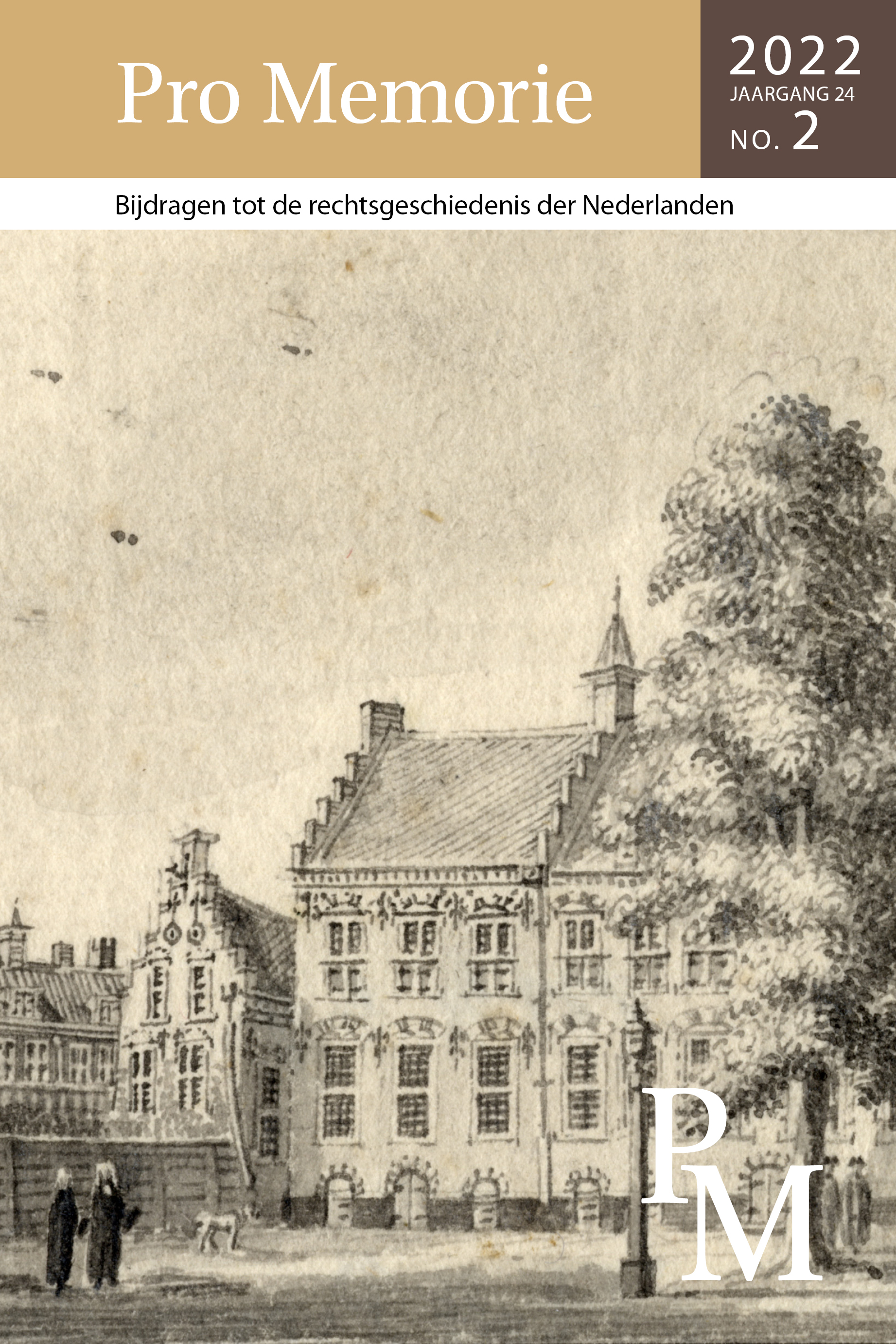-
oa Het belang van de ‘dagelijksche practijque’ aan het Hof van Utrecht
Over de aansprakelijkheid van een vervoerder
- Amsterdam University Press
- Source: Pro Memorie, Volume 24, Issue 2, Dec 2022, p. 171 - 189
-
- 01 Dec 2022
Abstract
In the case Harderwijk vs Hagendoorn (verdict 30 July 1810), Hagendoorn’s suitcase was stolen during its transport by Harderwijk from Austerlitz to Utrecht. The suitcase had been fixed with ropes to the coach. The question was whether the carrier had exercised sufficient care by that. Harderwijk based the level of care of his son, who had transported the suitcase, on the contract of mandate: it required normal care and thus he was not liable for a coincidence in this case. Hagendoorn, on the other hand, pointed to a more severe form of liability, namely that of a carrier in the course of his profession (quasi-delict). That implied that, so Hagendoorn said, that the carrier was liable, even if he was not at fault. He should have used material that would prevent theft. But Harderwijk argued that it was custom, viz. daily practice, that carriers in the city of Utrecht used ropes, not chains. By order of Councillor De Brueys, this practice was proven by representatives of the guild and Harderwijk’s argument was accepted. In this case, customary law set the express regulation of written law aside.


